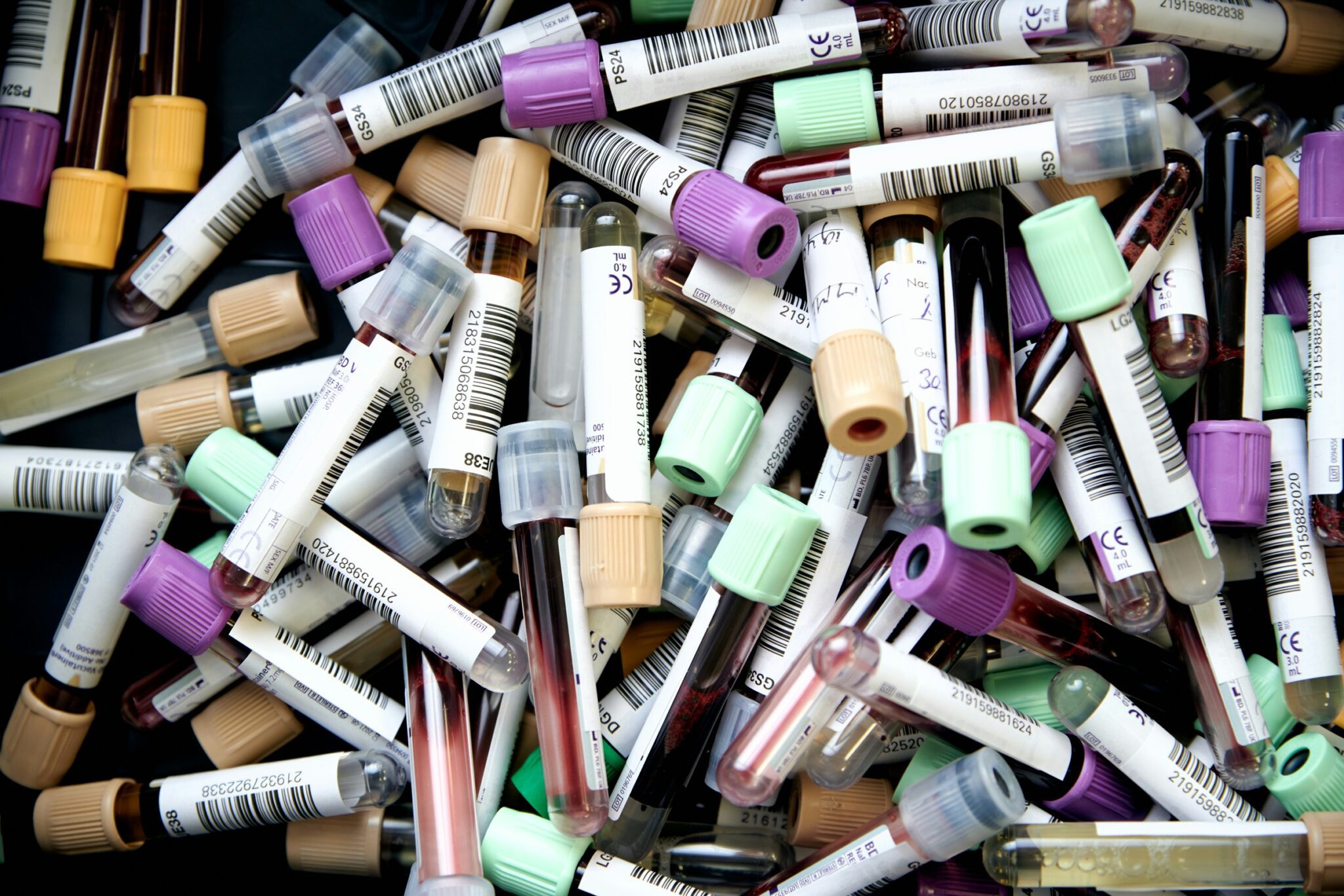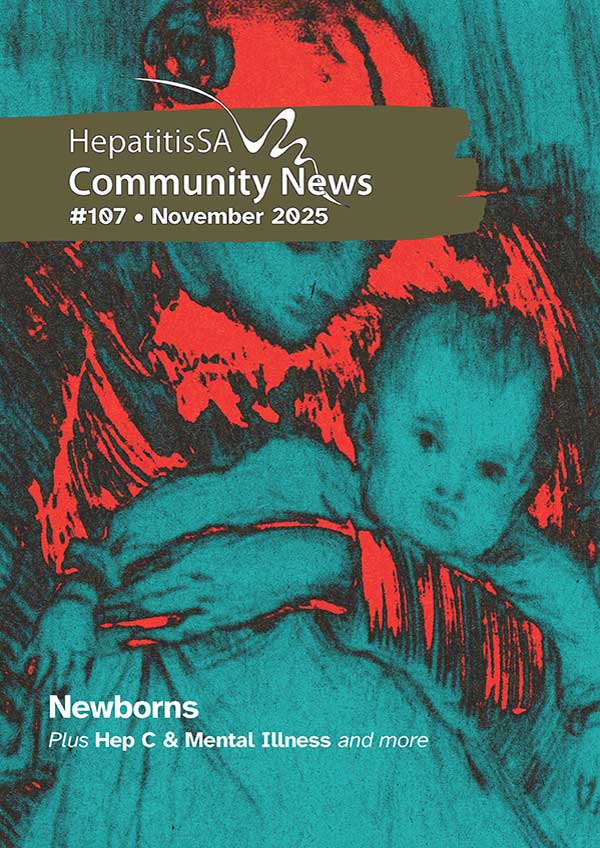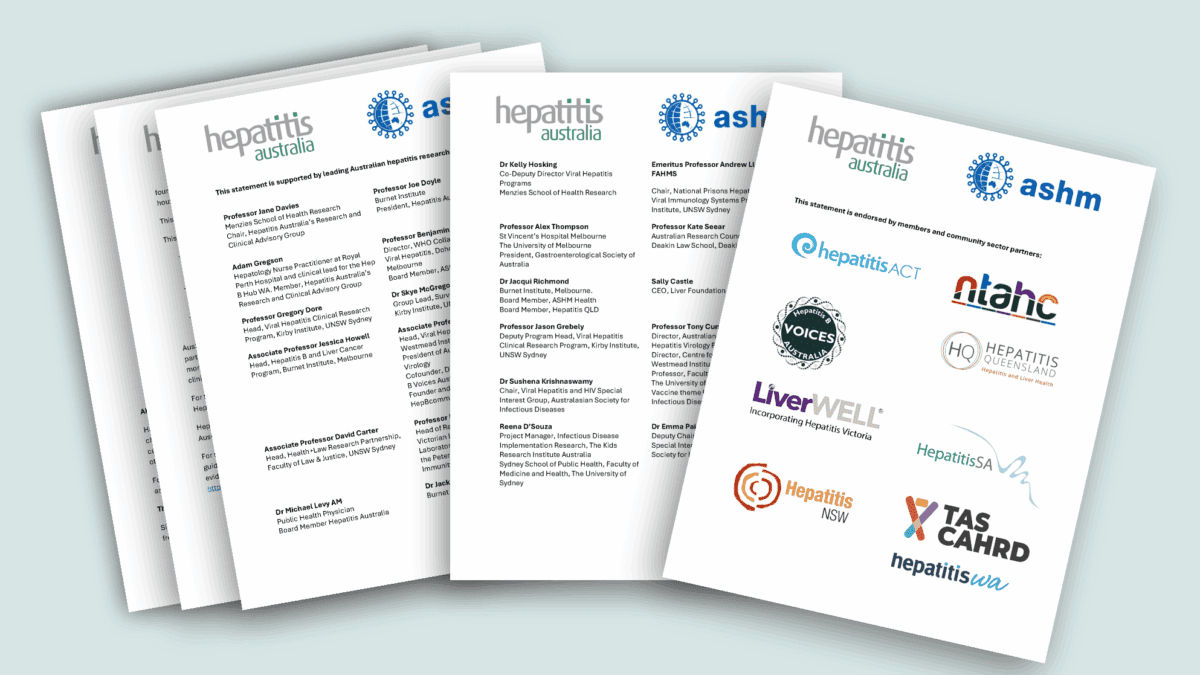Thousands of Britons have been found to have been living with previously undiagnosed hepatitis and HIV under a new testing system recently introduced in accident and emergency departments by the United Kingdom’s NHS (National Health System), their equivalent to Australia’s public health system.
The NHS introduced opt-out testing for blood-borne viruses (BBVs) several years ago in selected emergency departments (ED) throughout the UK. This means that, unless they specifically choose not to be, patients attending those EDs are automatically tested for hepatitis B, hepatitis C, and HIV. The program runs in the 34 emergency departments across the country in the areas with the highest known HIV prevalence. The result is a huge increase in the number of people being tested each year, raising the number of tests by hundreds of thousands.
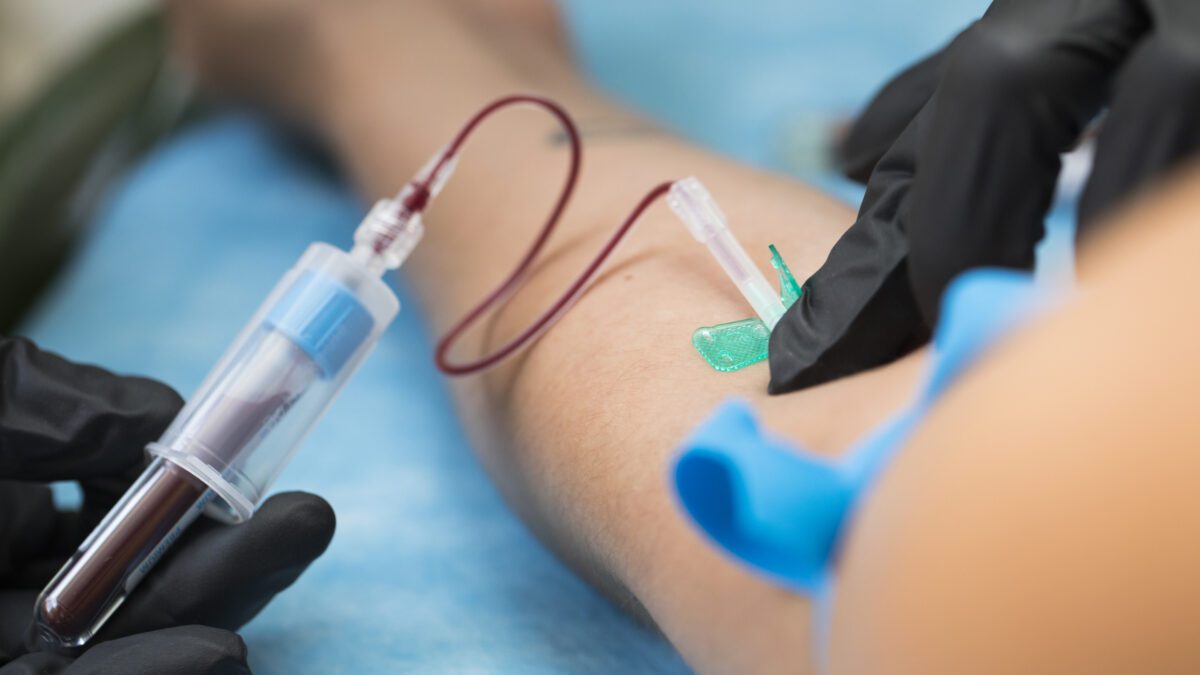
Now an evaluation of the first 33 months of the project has been released, and the results are dramatic. Over this nearly-three-year period, more than 7 million BBV tests were done, representing around 50% of all BBV testing done in these areas during this period. It achieved a high test uptake rate of around 70% among eligible people, demonstrating the effectiveness of the opt-out approach.
In those tested, there were:
- 3,667 new hepatitis B (HBV) diagnoses
- 831 new hepatitis C (HCV) diagnoses
- 719 new HIV diagnoses
One in 240 people tested was found to have hepatitis B, highlighting the large number of people who are living with undiagnosed hepatitis B in the UK. Similarly, one in 1,276 people tested was found to have undiagnosed HCV, and one in 1,916 to have undiagnosed HIV. Furthermore, health workers were able to re-engage with 291 people who had been previously diagnosed with HIV, but who had never been linked up to any HIV care in the past.
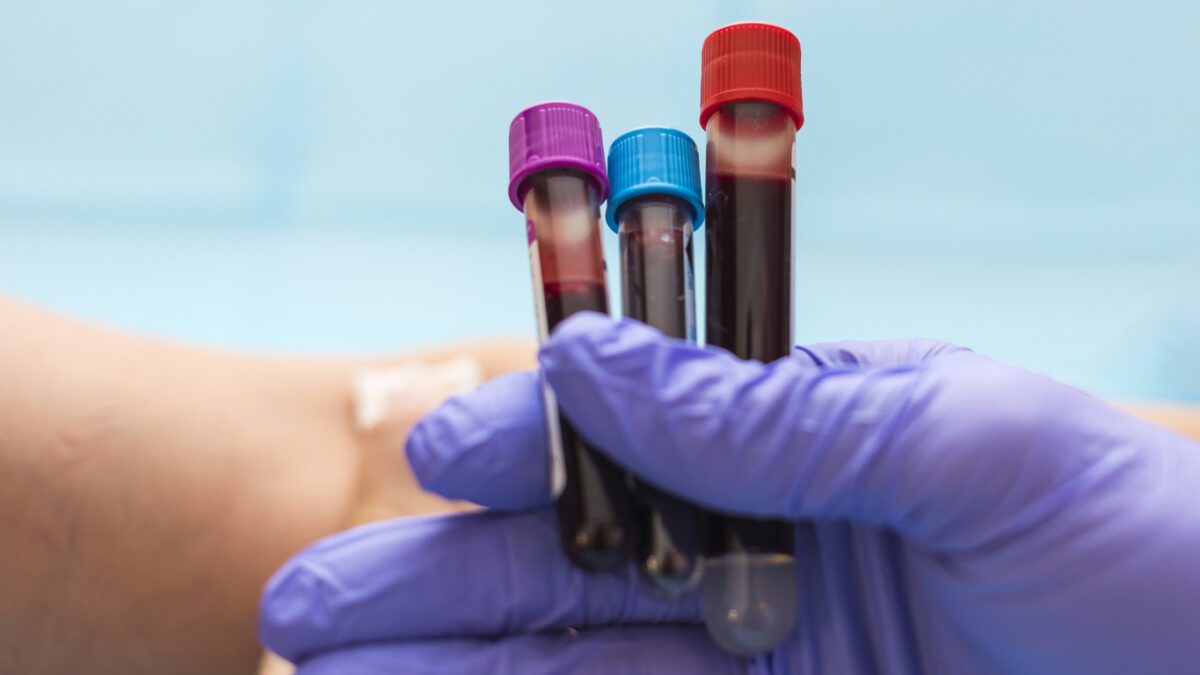
Over 60% of people tested had no record of previous BBV testing, indicating the program successfully reached populations who may not have been diagnosed in other healthcare settings. It also delivered substantial benefits for older patients and those from culturally and linguistically diverse (CALD) communities.
BBV testing uptake reached 72% among eligible people aged 80 years and older, with uptake rates of 68.8% among emergency department patients of Asian background, and 73.1% among patients of Black Caribbean background.
Around 73% of the people who were newly diagnosed had not previously been tested for a BBV, and 80% had attended an ED in the year before the program started, highlighting that this is an effective location to carry out this testing.
Half of people newly diagnosed with HIV through the program had late-stage disease, which is substantially higher than in other healthcare settings (36.9%). This suggests ED opt-out testing provided a ‘safety net’ for finding people living with BBVs who are not identified in other health care services. It also reinforces the importance of early detection for better individual outcomes.
Many of these individuals might never have been tested otherwise – missing the chance to access life-saving treatment.
The evaluation findings show that program has identified thousands of people who had been living unknowingly with blood-borne viruses, with many now being offered life-saving treatment for the first time. All who received a diagnosis through this program are offered treatment and support.
“The pioneering NHS opt-out testing program in emergency departments is helping us reach thousands of people who did not know they were living with HIV, hepatitis B or hepatitis C,” said Dr Sema Mandal, Consultant Epidemiologist and Deputy Director of the Blood Safety, Hepatitis, STI and HIV Division at the UK Health Security Agency, and who once worked as a doctor in Australia.
“Many of these individuals might never have been tested otherwise – missing the chance to access life-saving treatment. What we’re seeing is a clear and urgent need to do more to tackle these serious infections. The high number of new diagnoses across all three conditions – particularly the consistently high hepatitis B numbers – shows just how many people are living with undiagnosed blood-borne viruses.
“We must improve awareness, expand testing and diagnosis and ensure people are supported into care and treatment. Early diagnosis can help prevent years of ill health and save thousands of lives.”
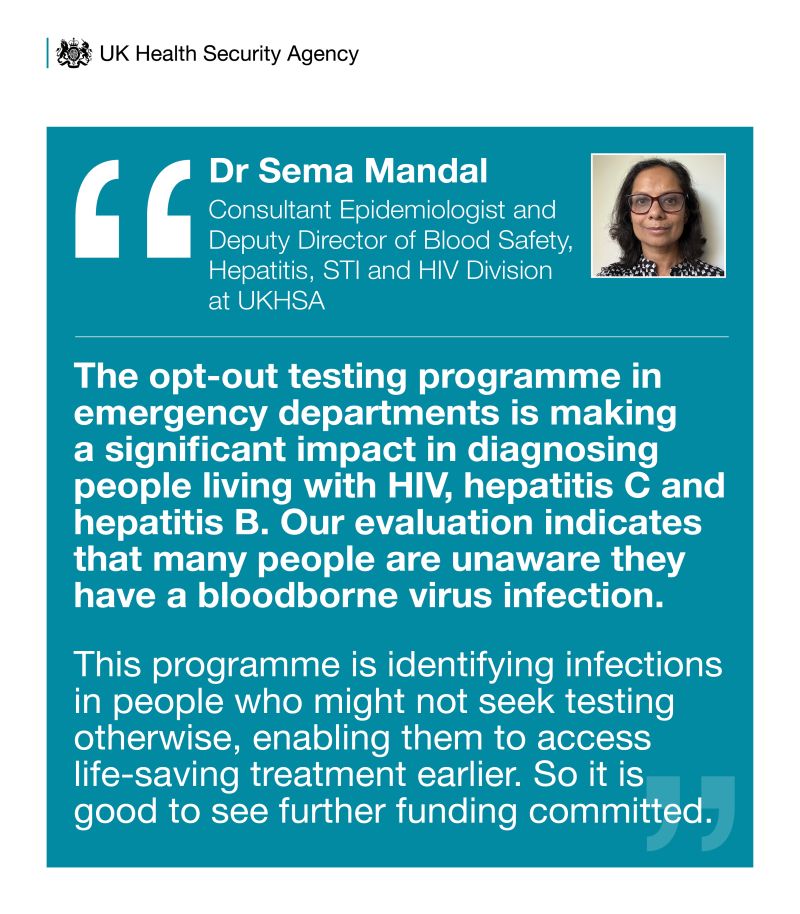
Dr Claire Fuller, NHS England National Medical Director, said that “the rollout of blood-borne virus testing in NHS emergency departments has been a game changer for the early detection of HIV and viral hepatitis, enabling thousands more people to get access to life-saving treatments, which prevent long-term health issues and reduce the chance of passing the viruses on to others.”
The success of this scheme shows how valuable opt-out testing really is, and the power it could have if rolled out across every public health system, including Australia’s.
Last updated 28 November 2025
More from:
Enjoyed this article? Subscribe to be notified whenever we publish new stories.
Subscribe for Updates
